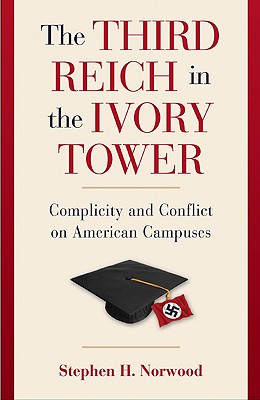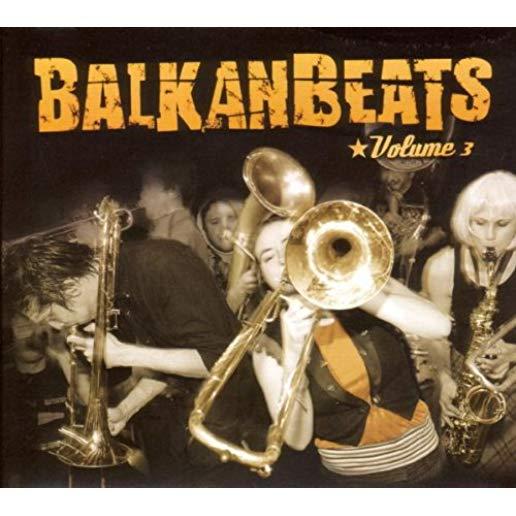
description
tion of the nature and extent of sympathy for Nazi Germany at American universities during the 1930s. Universities were highly influential in shaping public opinion and many of the nation's most prominent university administrators refused to take a principled stand against the Hitler regime. Universities welcomed Nazi officials to campus and participated enthusiastically in student exchange programs with Nazified universities in Germany. American educators helped Nazi Germany improve its image in the West as it intensified its persecution of the Jews and strengthened its armed forces. The study contrasts the significant American grass-roots protest against Nazism that emerged as soon as Hitler assumed power with campus quiescence, and administrators' frequently harsh treatment of those students and professors who challenged their determination to maintain friendly relations with Nazi Germany.
member goods
No member items were found under this heading.
notems store
Return Policy
All sales are final
Shipping
No special shipping considerations available.
Shipping fees determined at checkout.







